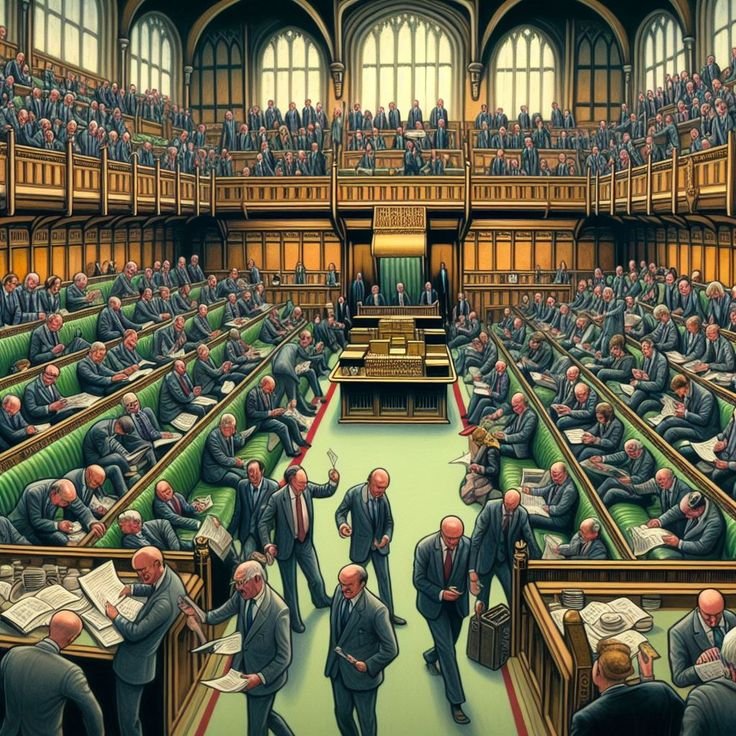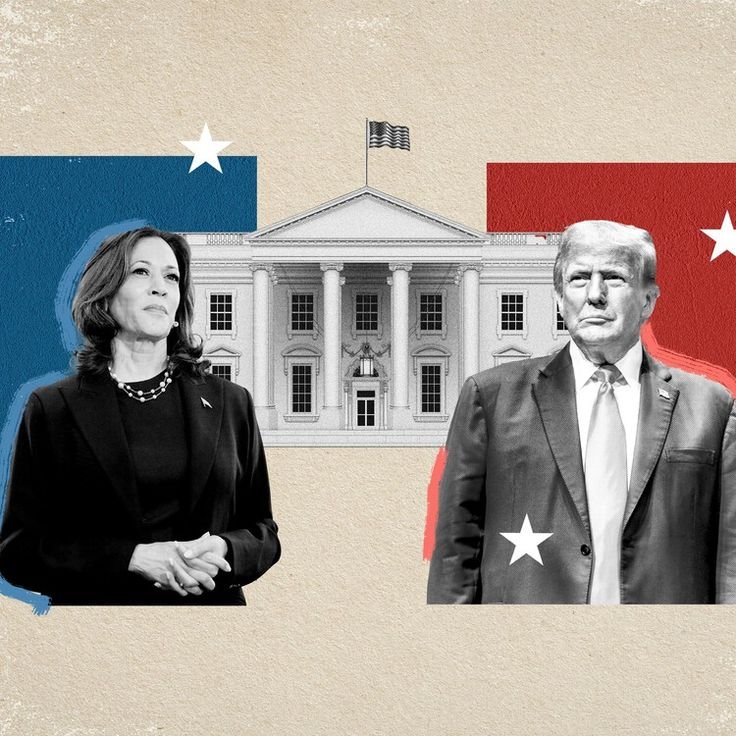Politics today is more dynamic and impactful than ever, shaping economies, societies, and individual lives across the globe. Staying informed with credible and nuanced analysis can help you understand the complexities and make sense of the decisions that influence our world. Here, we’ll cover the latest developments, emerging trends, and actionable insights to keep you informed and empowered.
1. The Top Political Stories Unfolding Now
The political landscape is constantly evolving, with key stories driving global headlines. Understanding these updates is essential for grasping their real-world implications.
Geopolitical Tensions and Global Alliances
Recent months have seen significant shifts in global diplomacy. Strategic partnerships like the strengthening of NATO in response to increased Eastern European uncertainty and the Indo-Pacific focus of allied nations, including the US, Japan, and Australia, have underscored the importance of international cooperation in maintaining global balance.
Key Impact:
The changing alignment of nations directly affects trade, energy security, and technological collaboration. Citizens should watch for policy shifts at home related to defense spending and economic agreements that aim to bolster these partnerships.
Climate Politics on the International Stage
The urgency of climate policy continues to grow, with landmark agreements emerging from the latest COP Summit. Nations are focusing on achieving carbon neutrality goals through renewable energy expansion and reductions in fossil fuel subsidies.
Current Trend:
Countries like the EU member states are setting ambitious targets to phase out coal by 2030, while the US Inflation Reduction Act is offering tax incentives for green energy adoption. Political support for these efforts—both domestic and international—will shape their success.
Rising Focus on Artificial Intelligence Regulation
With the rapid rise of AI in fields as diverse as healthcare, finance, and education, governments are scrambling to define ethical boundaries and establish frameworks for its deployment. Legislation is emerging to address concerns about bias, misinformation, and privacy violations.
Insight:
The EU has proposed one of the first comprehensive AI laws, while similar discussions in the US Congress are prompting debates about innovation versus regulation. Citizens and stakeholders will increasingly feel the effects of these policies as AI becomes more embedded in everyday life.
2. The Role of Media in Shaping Political Narratives
How you consume news is just as important as the news itself. Media bias and the rise of misinformation have become central issues in political discourse.
Media Literacy for a Well-Informed Democracy
Understanding which sources are credible and analyzing how information is framed is vital for discerning the truth. Key tips for navigating the media landscape include:
- Favoring publications with transparent editorial policies.
- Cross-referencing facts with multiple respected sources.
- Recognizing and avoiding emotionally manipulative language.
Pro Tip:
Tools like Media Bias/Fact Check and AllSides can help identify and evaluate biases in news outlets, ensuring a more balanced consumption of information.
The Power of Social Media in Political Campaigns
Social platforms have become powerful tools in reaching audiences directly. However, the unregulated nature of these platforms often leads to the spread of misinformation or overly simplistic narratives.
Future Challenge:
Legislation designed to hold tech companies accountable—for example, mandating the removal of false election claims—is likely to become a political battleground itself.
3. Modern Voting Trends Shaping Democracies
Voting dynamics have undergone significant transformations, driven by changing perceptions of governance and the adoption of new technologies.
The Push Toward Voting Accessibility
Efforts to make voting more inclusive and accessible are gaining traction worldwide. Policies like same-day voter registration, mail-in ballots, and extended voting periods are helping increase participation rates.
Example:
The US midterms witnessed a sharp rise in mail-in ballots due to rules allowing greater flexibility, especially in states where physical polling locations are harder to reach for rural voters.
The Rise of Youth Advocacy
Younger generations are increasingly engaged in political processes, mobilizing around issues like climate change, education reforms, and gun control. Campaigns led by grassroots organizations have highlighted the growing influence of this demographic in shaping election outcomes.
Trend Indicator:
Statistics show that in recent elections, nearly 50% of registered voters under 30 participated—an increase from previous cycles.
4. The Future of Political Leadership
The quality and vision of political leadership directly influence policy outcomes. Citizens are demanding leaders capable of navigating modern complexities, including technological disruptions, climate challenges, and inequality.
Qualities of Modern Politicians
Today’s leaders are expected to:
- Be transparent about their goals and funding sources.
- Harness data to make evidence-based decisions.
- Collaborate across ideological divides when solutions demand it.
The Role of Public Participation
Leaders increasingly rely on town halls, digital surveys, and social listening tools to gauge public sentiment and ensure policies resonate with their constituents. Engaging with such initiatives ensures that your voice helps shape the policies that matter to you.
5. Key Political Issues to Watch
Income Inequality
Policies addressing wage stagnation, labor rights, and equitable taxation are now major agenda points for many governments. Programs like universal basic income (UBI) schemes are being tested in cities globally to measure their effectiveness.
Latest Development:
Pilot programs in places such as Finland and California reveal potential social benefits, including reduced financial stress and higher community engagement, prompting broader discussions.
Healthcare Reform
Access to affordable healthcare remains contentious, with political parties debating over privatized versus universal systems. Countries like Canada and the UK highlight the benefits of government-supported healthcare, but challenges in funding and access persist.
Emerging Trend:
Technology will play a more critical role in healthcare delivery, with telehealth and predictive medicine shaping future reform policies.
6. How to Stay Engaged and Take Action
Understanding political developments is just the first step—engagement is how you make an impact.
Stay Active Locally
Engage in local meetings, support campaigns that align with your values, and hold leaders accountable through constructive communication.
Support Fact-Based Journalism
Paying for subscriptions to trusted news outlets ensures the survival of robust, investigative reporting that offers deep context behind the headlines.
Get Educated on Policies
Read in-depth explanations of legislative proposals to fully understand their implications. Platforms like BallotPedia or your local government’s website are excellent starting points.
Vote Consistently
Never underestimate the power of showing up at the ballot box—participation determines who gets to shape your community and the broader nation.
Final Thoughts
Staying informed about political developments while critically engaging with trends and issues is key to understanding and shaping the world around you. Whether it’s deciphering the latest policy movement, navigating media narratives, or participating in civic duties, every step improves your role as an active and impactful citizen.
With the guidance offered in this breakdown, you’re equipped to not only stay informed but also make informed choices that shape a better future.


